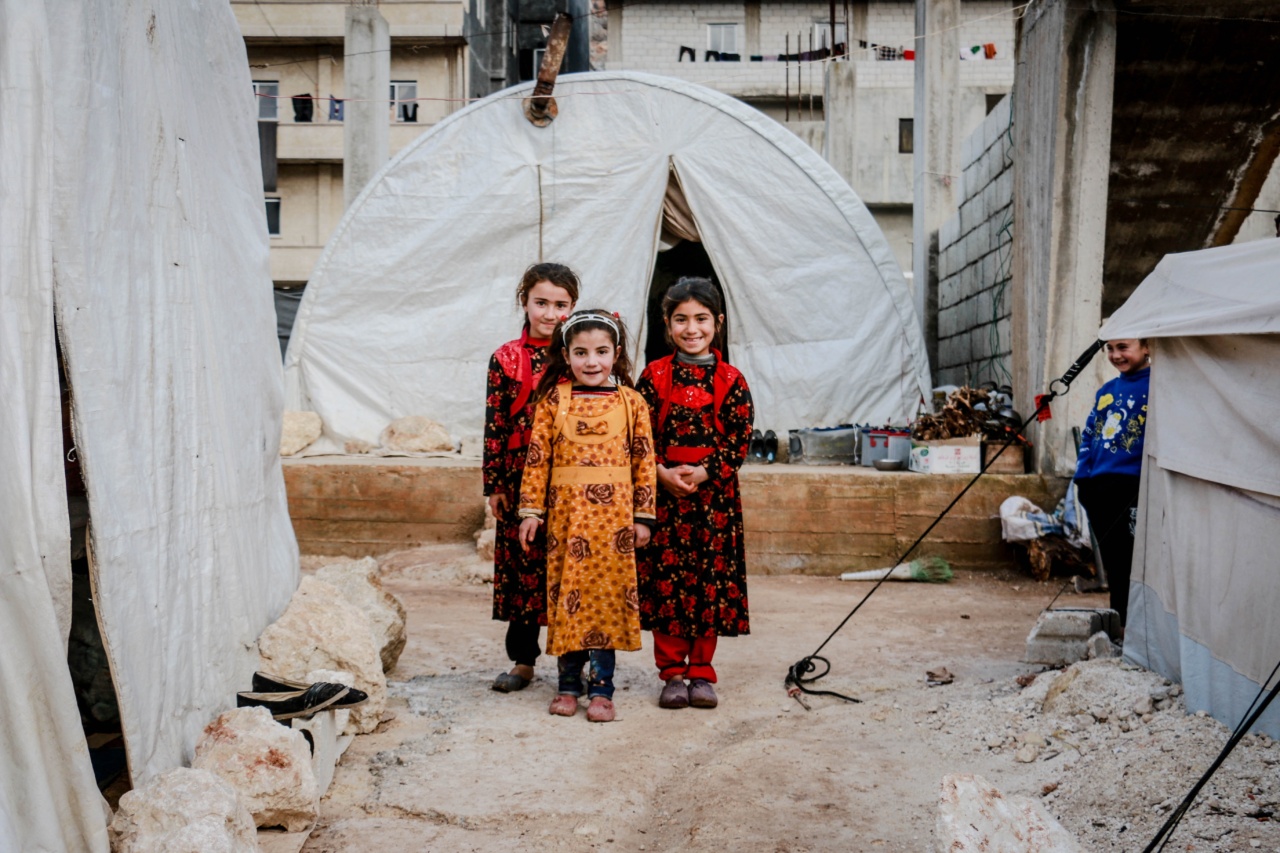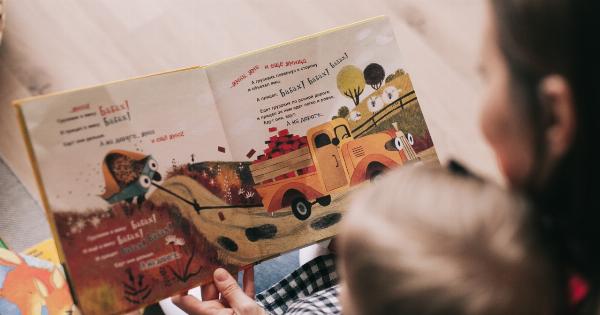As parents, it can be challenging to acknowledge our mistakes and shortcomings, especially when it comes to our interactions with our children. However, apologizing to our kids is an essential aspect of parenting that is often overlooked.
Admitting when we are wrong and expressing genuine remorse not only helps repair any damage caused by our actions but also teaches our children valuable life lessons about accountability, empathy, and forgiveness. In this article, we will delve into the importance of saying sorry to our kids, the benefits it brings to their emotional well-being, and how to effectively apologize as a parent.
The Power of Apologizing
Apologizing to our children demonstrates humility and authenticity. It acknowledges that parents are not infallible and helps create an environment of open communication and trust.
When we apologize, we teach our children that it is okay to make mistakes, that nobody is perfect, and that taking responsibility for our actions is crucial.
Furthermore, apologizing can repair any emotional harm that may have been caused by our behaviors. Children are highly sensitive individuals, and even seemingly insignificant incidents can leave a lasting impact on their emotional well-being.
By apologizing, we validate their feelings, showing them that we care, and that we acknowledge the pain we may have caused. This validation helps strengthen the parent-child bond and fosters a sense of security and emotional safety.
The Emotional Benefits for Children
Sincere apologies from parents can have a profound impact on a child’s emotional development. When we genuinely acknowledge our mistakes, it provides an opportunity for our children to witness vulnerability, empathy, and compassion in action.
These experiences help them build strong emotional intelligence and develop healthy attitudes towards conflict resolution and self-reflection.
Apologizing also allows children to learn forgiveness and promotes effective communication skills.
By modeling the act of saying sorry, we teach them that conflicts can be resolved peacefully, and the lines of communication can remain open even after mistakes are made. This valuable lesson helps children navigate the complexities of their own relationships, teaching them how to mend bonds and rebuild trust in the face of challenges.
Tips for Effectively Apologizing
Saying sorry effectively involves more than just uttering the words. Here are some tips to help you make meaningful apologies to your children:.
1. Recognize and Reflect on the Mistake
Before apologizing, take the time to identify and understand the mistake you made. Reflect on how it may have impacted your child and consider their perspective.
This reflection shows your sincerity and helps tailor your apology to address the specific situation.
2. Use “I” Statements
When apologizing, focus on expressing personal accountability by using “I” statements. This approach avoids shifting blame or making excuses, allowing your child to see the sincerity behind your apology.
3. Be Genuine and Sincere
Avoid offering insincere apologies or empty gestures. Your child can sense dishonesty, and it may hinder the healing process. Be genuine in your apology and convey your remorse authentically.
4. Offer a Solution
In some cases, actions may speak louder than words. Although saying sorry is essential, accompanying it with a plan for change or finding a way to make amends can further reinforce the effectiveness of your apology.
Show your child that you are committed to growth and improvement.
5. Learn from the Experience
Apologies shouldn’t be empty rituals. Take the opportunity to learn from your mistakes and share these insights with your child. This showcases your willingness to grow as a person and sets a positive example for them to follow.
The Importance of Consistency
While a heartfelt apology is essential, it is equally important to be consistent in our behavior moving forward. Repeatedly making the same mistakes without genuine attempts to rectify them can undermine the importance of our apologies.
By consistently modeling the behaviors and attitudes we seek to teach our children, we reinforce the sincerity behind our apologies and help build trust and respect within the parent-child relationship.
Conclusion
Saying sorry to our kids is not a sign of weakness, but rather a display of strength and love. It showcases our commitment to being better parents and role models.
By embracing the power of apologies, we teach our children crucial life skills, nurture their emotional well-being, and foster healthier communication within our families. So, let us remember to apologize sincerely when we make mistakes, demonstrating to our children the importance of accountability, empathy, and forgiveness.






























